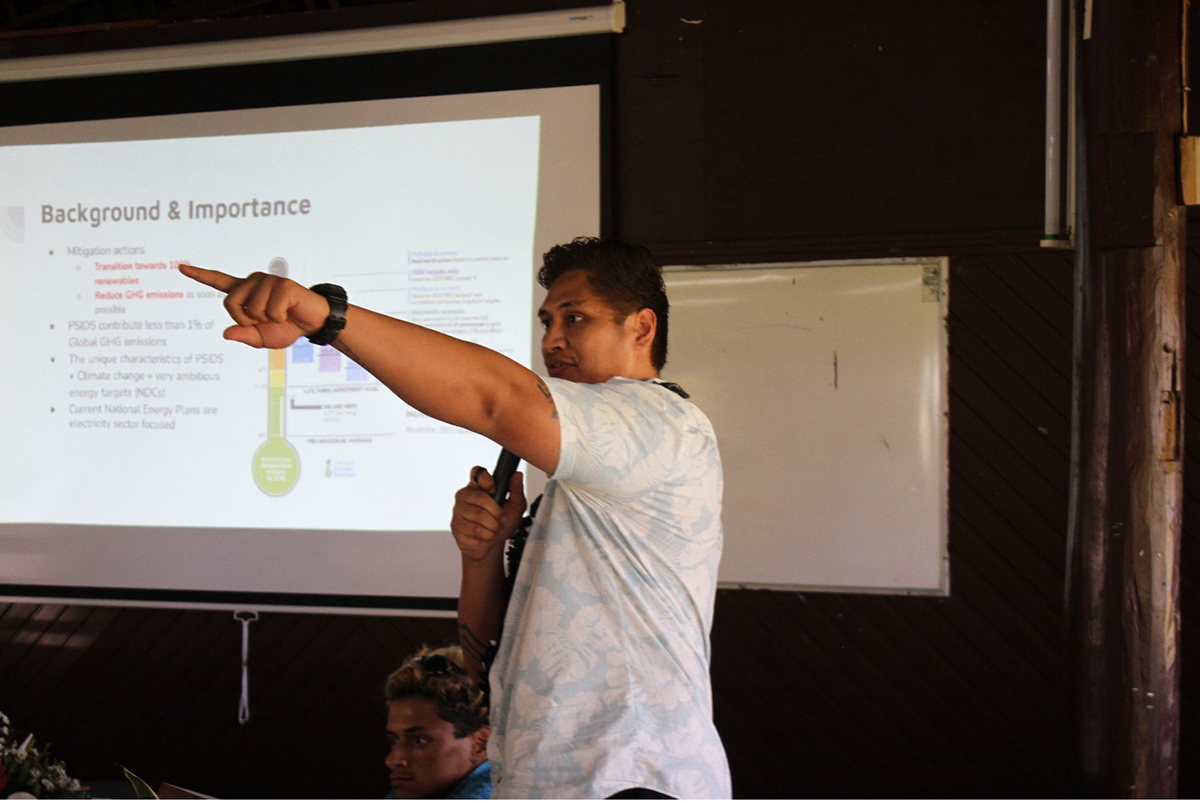Growing Calls for an End to Nuclear Prohibition in Australia
May 23by Daniel Jack
Pressure mounts on Australia’s Labor government to overturn the nation’s 24-year-old prohibition on civil nuclear technology—the only G20 nation to have such a prohibition.
Australia’s opposition leader Hon. Peter Dutton has recently expressed strong support for Australia to embrace nuclear energy and repeal the prohibition.
During his response to the government’s recent budget, Mr Dutton stated “In the twenty-first century any sensible government must at least consider small modular nuclear as part of their energy mix”.
He continued by highlighting the fact that the Labor government is willing to embrace nuclear power to propel Australia’s next-generation Aukus-class submarine, which will replace the nation’s current Collins-class diesel-electric fleet. However, they continue to oppose any move to repeal the longstanding civil nuclear prohibition.
Public opinion in Australia remains divided on nuclear energy, but in light of a worsening cost of living crisis, Australians are looking for long-term solutions over temporary relief. This is according to a recent study from the Melbourne Institute. The same study found that nuclear energy enjoys significant support from the Australian public.
Labor is insisting that nuclear energy is too costly and that money would be better invested in other endeavours—such as solar or wind—in an effort to lower the nation’s carbon footprint. With various studies showing that long-run nuclear energy is cheaper and more reliable, this argument leaves various Coalition members unconvinced.
With growing support for a civil nuclear industry within the Liberal party, division within the Labor government, and ongoing pressure from the left-wing Greens. It would seem the debate will only intensify as time progresses.
It is unclear the role that nuclear energy will play in Australia’s energy future.






